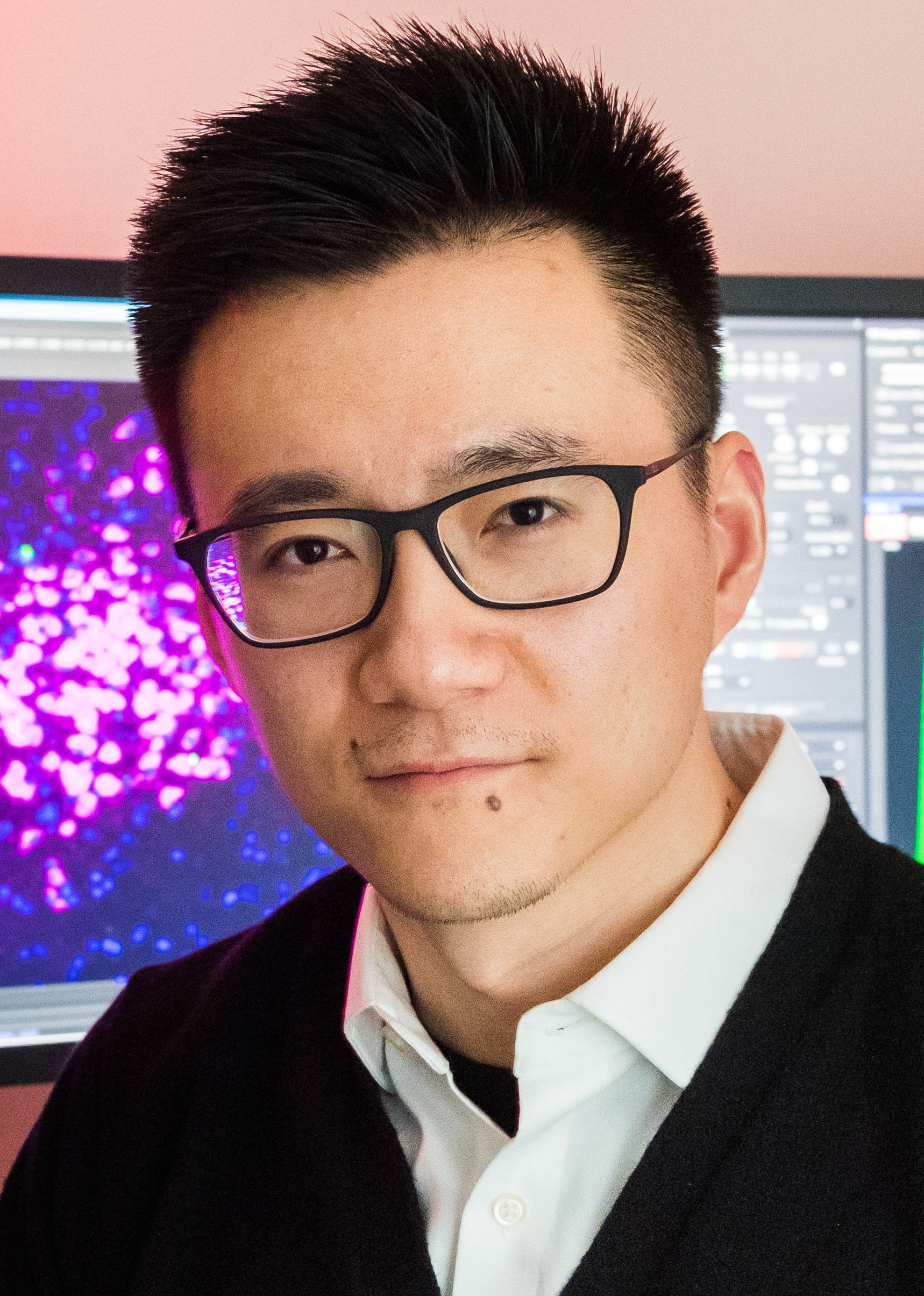Biography:
Yinqing Li is currently an associate professor with the School of Pharmaceutical Sciences and principal investigator with the IDG/McGovern Institute for Brain Research in Tsinghua University. He received PhD in electrical engineering and computer science from Massachusetts Institute of Technology in 2016, where he worked with Dr. Feng Zhang and Dr. Aviv Regev. He then performed postdoctoral research with Dr. Guoping Feng in the Broad Institute of Harvard and MIT and Stanley Center for Psychiatric Research. He has a longstanding interest in developing technologies for better diagnosis and management of complex diseases. In particular, his research focuses on methods for identifying key molecular and cell players in the development of diseases and methods for gene and cell editing. Specific approaches include: single cell multi-omics of epigenetics, transcriptome, and signaling pathway profiling, discovery of novel genome and epigenome editing tools, and statistical inference and machine learning algorithms for high throughput data mining and processing.
Abstract:
Precise control of gene expression levels is essential for normal cell functions, yet how they are defined and tightly maintained, particularly at intermediate levels, remains elusive. In this seminar, I will introduce a series of new sequencing, imaging, and functional assays, with which we uncover a novel class of transcription factors, referred to as level-control TFs, which reduce high expression but increase low expression to achieve stable intermediate levels. Level-control TFs directly exert activating and repressing functions via condensate-forming domains that compartmentalize core transcriptional unit selectively. Clinically relevant mutations in these domains, which are linked to a range of developmental disorders, impair condensate selectivity and TF activity. These results collectively address a fundamental question in expression regulation and demonstrate the potential of level-control TFs as powerful effectors for engineering controlled expression levels.

